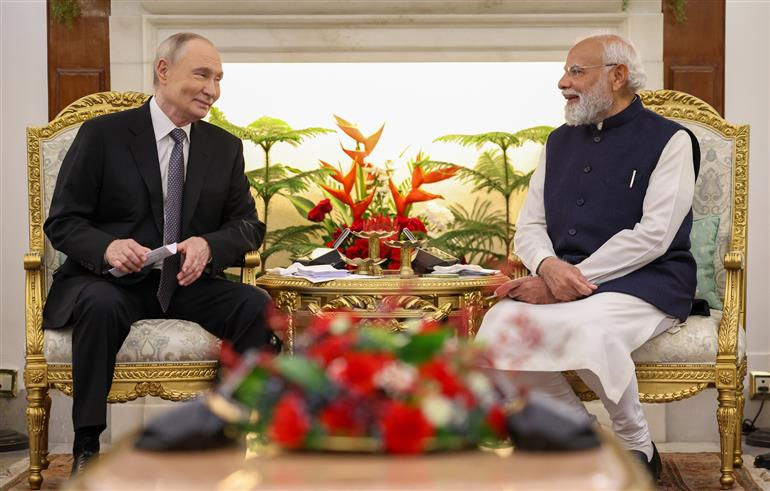Israel Hamas War and India’s Options
- Security Risks Monitor
- Nov 22, 2023
- 3 min read

47 days after the commencement of the Gaza war, the first truce is expected to be announced which will be for possibly less than a week essentially for humanitarian aid and release of Israeli hostages.
The process of release is expected to be in phases as in the first phase 50 of the 240 hostages are expected to be released.
The Israeli Cabinet on November 22 approved the cease-fire with Hamas which includes the release of some 50 hostages held by militants.
However, Israel has vowed to continue the War after the cease fire till the Hamas’ military capabilities is destroyed and returns all hostages.
The cease fire however short lived may be a ray of hope that the maximalist objective of Israel that of eliminating Hamas may not be pursued even though Israeli Prime Minister Benjamin Netanyahu has been adamant.
He has sought that the Gazans be temporarily moved out of the pocket so that Israel could pursue operations against the Hamas to a conclusion of its extermination.
However, it is doubtful if the Hamas can be totally destroyed while large number of humanitarian casualties will only lead to radicalizing another generation of Palestinians and winning support for the Hamas.
Moreover, the top political leadership of the Hamas is based in the Middle East and will be able to organize resistance.
Israel may end up pursuing the objective of occupation of Gaza so that an armed resistance cannot again spring up against it in the neighbourhood.
The political trajectory is being examined with the United States, Gulf Arabs and the Muslim countries proposing options.
What is clear so far?
The Israel Hamas conflict the appears to be contained much less so than the War in Ukraine. While United States will have to continue to support Israel militarily, the level is unlikely to be as much as required by Kyiv.
In terms of conflagration there is a likelihood but so far this has been restricted with Hezbollah in the North engaging Israel on the Northern Front and the UNIFIL – UN peacekeeping force in Lebanon acting as a check on both to restrict escalation.
Iran supported militia in Iraq have been launching rocket and drone attacks at bases with US troops in Syria and Iraq, but the level of damage is limited.
The Houthi-another Iran supported group has launched drones and has seized an Israeli owned ship in the Red Sea.
Apart from this there are limited signs of military escalation.
With a cease fire now coming into place the war in Gaza may gravitate into intense bouts of fighting interspersed with breaks for hostage release and humanitarian assistance.
There is intense pressure on Israel for, “an immediate, durable, and sustained humanitarian truce leading to a cessation of hostilities in the Gaza Strip,” a BRICS virtual summit communique of November 21 which reflects that of other such groupings.
India’s Options
India’s policy on the Hamas Israel conflict has now crystallised approximately eight weeks of the outbreak on October 07. This was summarized by Indian External Affairs Minister Dr. S. Jaishankar at the extraordinary joint meeting of BRICS on November 21.
While other BRICS members used strong words for Israel and called the war waged as a “genocide,” India did not hold Israel responsible for the wanton killings of civilians in the offensive against the Hamas but only called for an, “endeavour should be to both make a difference on the ground immediately while also creating conditions for lasting solutions”.
Dr S Jaishanker said, “We believe that the concerns of the Palestinian people must be addressed in a serious and sustainable manner. This can only happen with a two-State solution that is based on peaceful co-existence. We have been consistently supportive of international efforts towards this end”.
Thus India has continued in an oblique way to blame the Hamas terrorist attacks of October 07 resulting in the plight brought on the Palestinians in Gaza.
By not blaming the Hamas India is hoping that it can exploit the divisions in support to the group amidst the Islamist block, thereby preventing a backlash.
While focusing on long term concerns of the Palestinian people, New Delhi is hopeful that its policy of a two state solution will be another factor that will prevent any misinterpretation of its policy being completely biased towards Israel.
India’s recent votes on five resolutions in the UN General Assembly also reflects this approach.



Comments